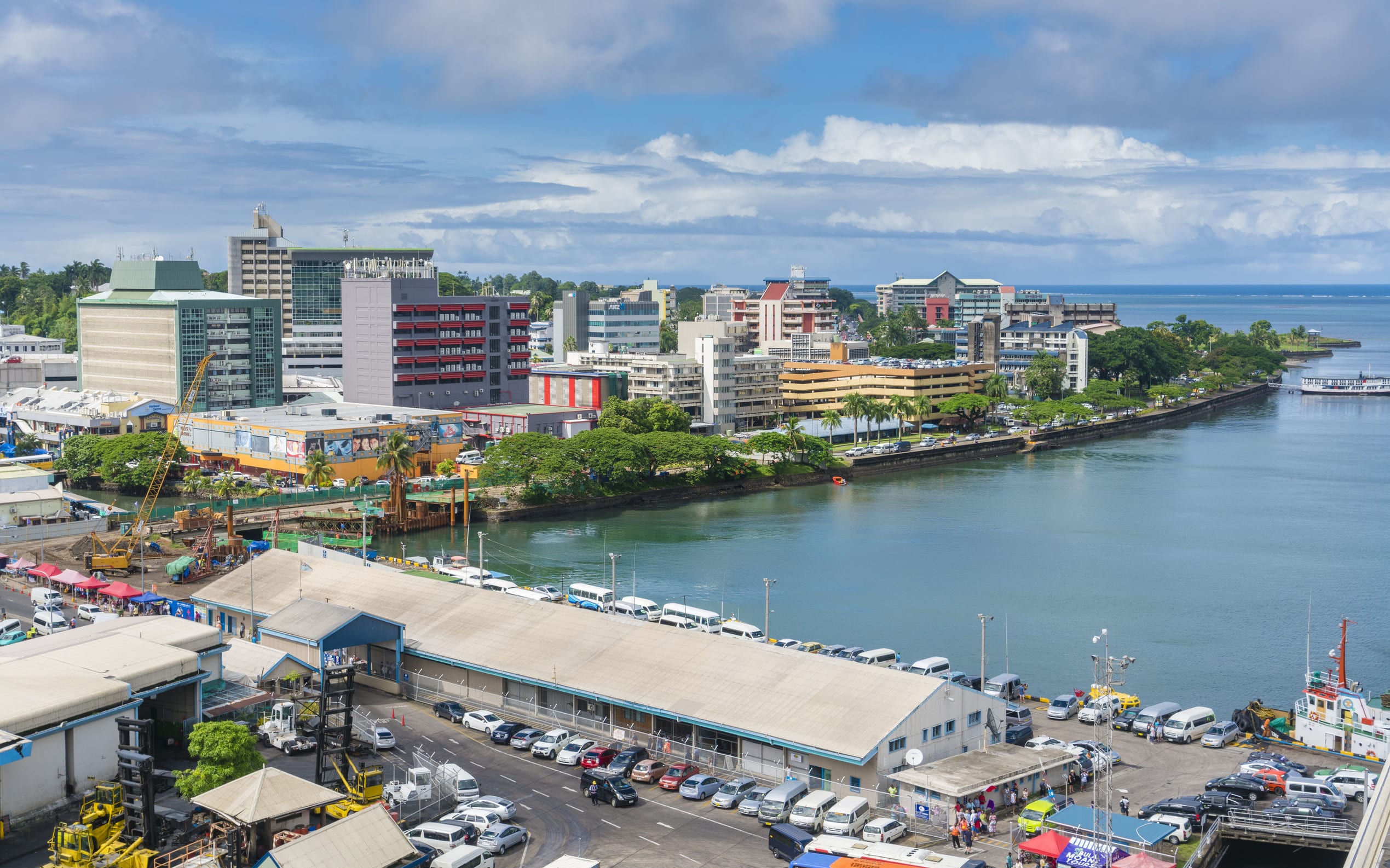Search


- All Businesses
- Yachts for sale
- Real estate
- View all estates
- Real estates in Bulgaria
- Real estates in Caribs
- Real estates in Cyprus
- Real estates in Georgia
- Real estates in Germany
- Real estates in Greece
- Real estates in Indonesia
- Real estates in Italy
- Real estates in Montenegro
- Real estates in Northern Cyprus
- Real estates in Poland
- Real estates in Portugal
- Real estates in Spain
- Real estates in Thailand
- Real estates in Turkey
- Real estates in UAE
- Real estates in UK
- Selling
- News
